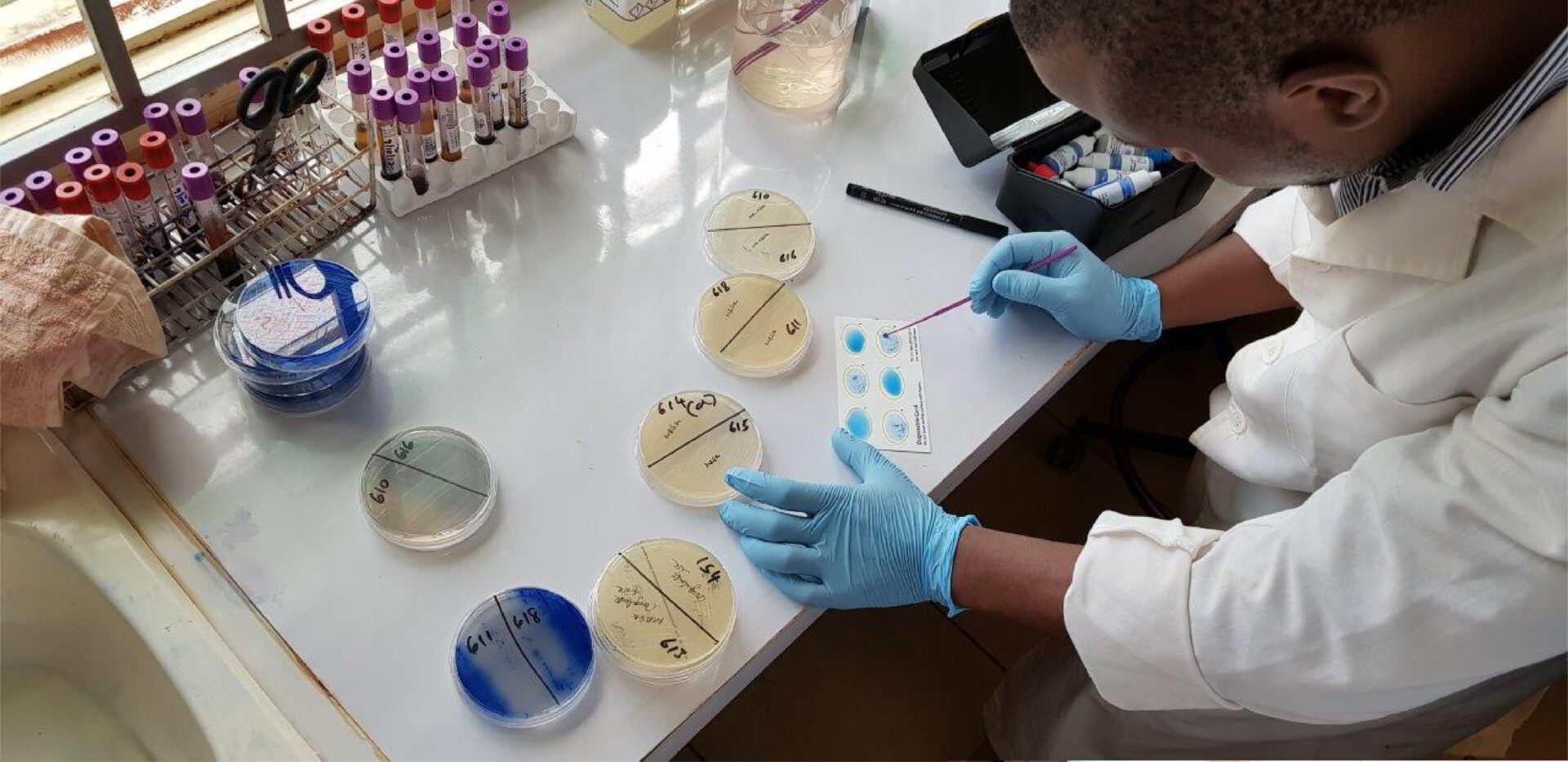How Pet Labs Ensure the Safety and Wellness of Pets
How Pet Labs Ensure the Safety and Wellness of Pets
Blog Article
The health of pets is a top priority, and maintaining their vitality is a responsibility. Veterinary laboratories are pillars of modern pet care in monitoring wellness for companion animals.
Throughout this resource, we’ll discuss the value of lab tests for animals and highlight the most common exams.
How Do Veterinary Laboratories Work?
Diagnostic labs for pets are specialized centers for evaluating pet health. These labs support animal doctors to make accurate diagnoses.

Steps in veterinary testing usually includes:
- Preparing samples for testing: Blood, urine, or feces are gathered during visits.
- Advanced diagnostics: State-of-the-art processes analyze the findings.
- Analyzing findings: Data supports treatments for your pet’s benefit.
Common Veterinary Tests for Dogs and Cats
Diagnostic exams are tailored to pet needs to prevent serious conditions. Popular tests include:
- Hematology panels: Monitor immune responses.
- Urinary health exams: Identify dehydration.
- Gut health screenings: Detect worms or parasites.
- Skin health exams: Improve coat health.
- Advanced imaging tests: Evaluate bone and joint health.
How Testing Supports Pet Health
Ongoing evaluations is key to keeping pets healthy. By identifying issues early, you can prevent serious conditions.

The advantages include:
- Improved health outcomes: Pets live happier, healthier lives.
- Preventative care advantages: Small problems are treated before they escalate.
- Peace of mind: Manage concerns proactively.
laboratório veterinlaboratório veterinariolaboratorio de analises clinicas para animais
Why Testing Matters for Dogs and Cats
Veterinary labs help pets live long, healthy lives. With regular lab evaluations, you catch issues early.
Start their journey to better health today and keep them healthy and thriving!
Report this page